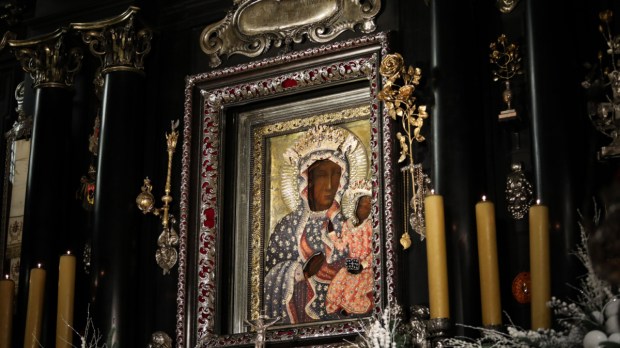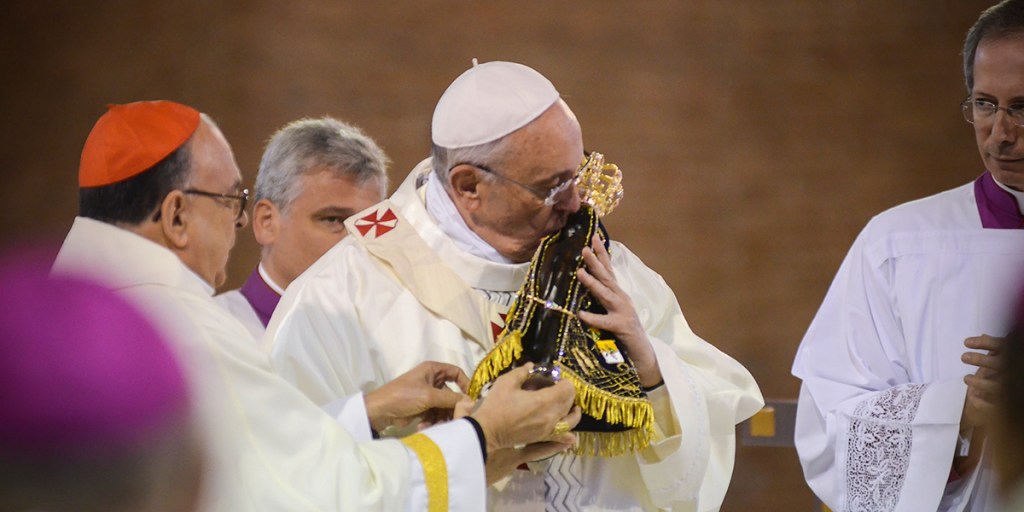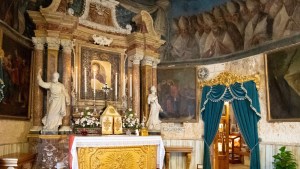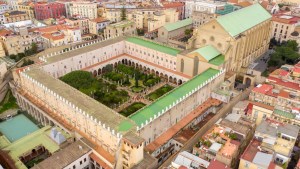Veneration of Black Madonnas goes back to medieval times, when these icons became objects of deep reverence and pilgrimage. The dark colors found in these depictions of the Madonna and Child have inspired both awe and curiosity, resulting in a mix of science, legend, and hermeneutics, as there is much speculation as to the origin of their distinctive dark hue.
The explanations for the deep pigmentation of these icons or statues vary widely, and some have been and still are a source of controversy. Historians of art, archaeologists, anthropologists, and historians of religion have proposed reasons including Madonnas made of dark wood, icons that have naturally darkened over time due to aging or exposure to candle smoke, and even possible pagan influences that were later Christened.
Scholarly exploration of the Black Madonna phenomenon, however, has been somewhat limited. Some scholars draw connections between the refrain from the Song of Solomon, nigra sum sed formosa (“I am black, and I am beautiful”). Indeed, the phrase is found at the very entrance of the monastery of Montserrat, where a revered Black Madonna, la moreneta, is kept.
Our Lady of Częstochowa (Poland): Queen of the Black Madonnas
Location: Jasna Góra Monastery, Częstochowa, Poland
Our Lady of Częstochowa (also known as the Black Madonna of Poland) holds a special place in the hearts of millions of Catholics around the world. Legend has it that the icon was painted by St. Luke on a tabletop from the home of the Holy Family. The real origins of the icon, and the date of its composition, are still contested among scholars. The Madonna’s dark complexion is attributed to centuries of exposure to candle smoke and the touch of countless pilgrims.
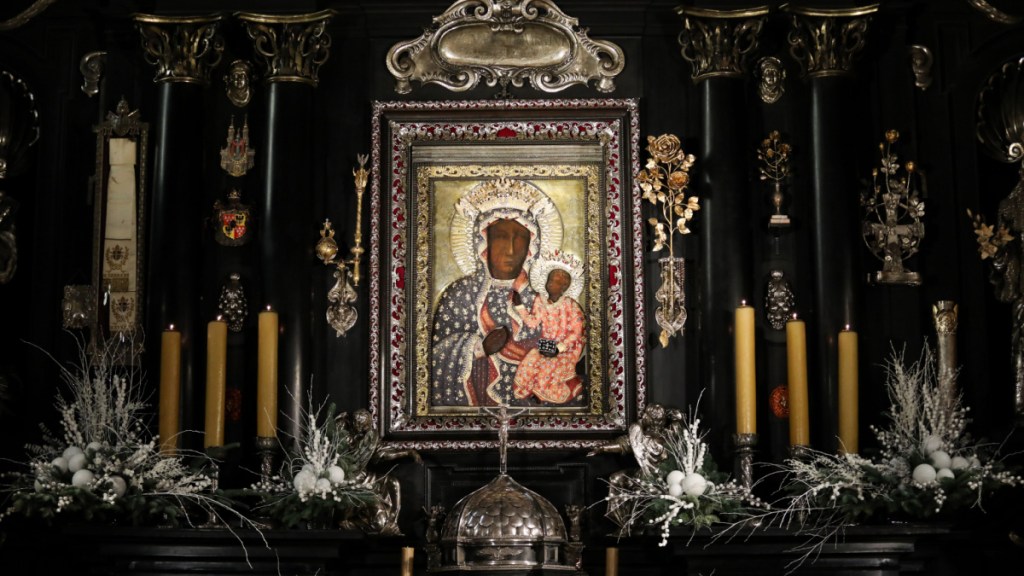
The Virgin of Montserrat (Spain): La Moreneta
Location: Santa Maria de Montserrat Abbey, Catalonia, Spain
Kept in the Monastery of Montserrat, La Moreneta is a beloved symbol of Catalan identity. This Black Madonna is a wooden sculpture, and her serene expression captivates pilgrims who go all the way up the mountain to visit her. The statue is believed to date back to the 12th century, and her dark skin is thought to be the result of centuries of exposure to candle soot. Pilgrims from around the world visit her shrine, and then resume their trip on either the Camino de Santiago or the Ignatian Camino – the monastery being at the crossroads of these two pilgrimage paths.
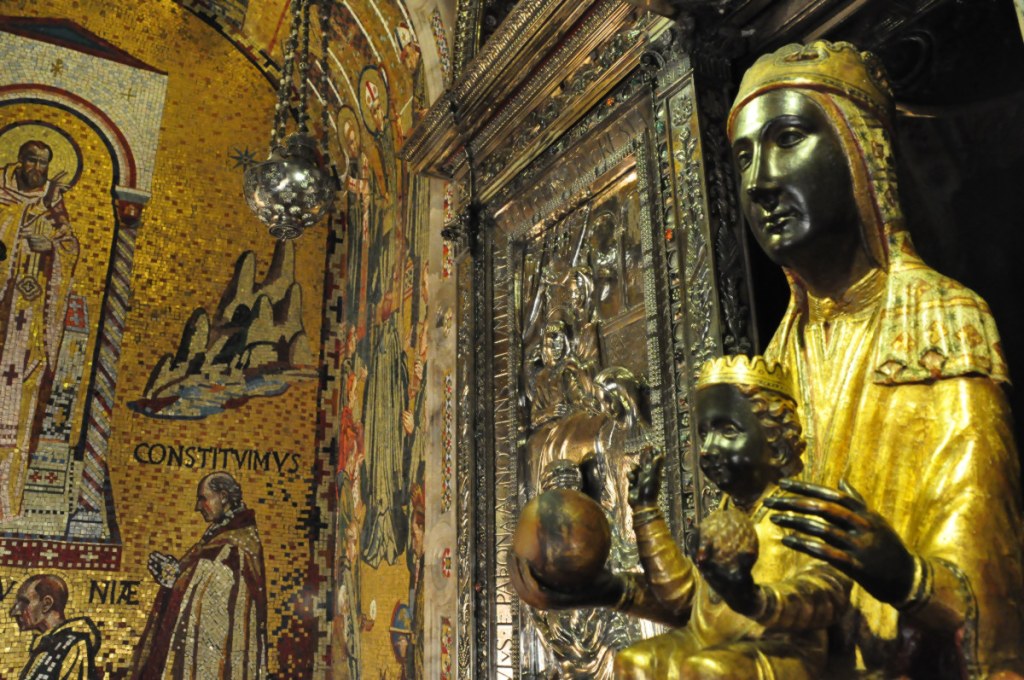
Our Lady of Aparecida (Brazil): A taste of South American faith
Location: Basilica of the National Shrine of Our Lady of Aparecida, Aparecida, Brazil
Our Lady of Aparecida is the patron saint of Brazil. As such, she holds a special place in the hearts of millions of Brazilian Catholics. The story of her discovery is steeped in folklore, with fishermen finding her statue in the waters of the Paraíba River. This Black Madonna, with her warm and maternal expression, is celebrated annually during the Feast of Our Lady of Aparecida. The basilica that houses the statue is one of the largest Catholic pilgrimage sites in the world.
